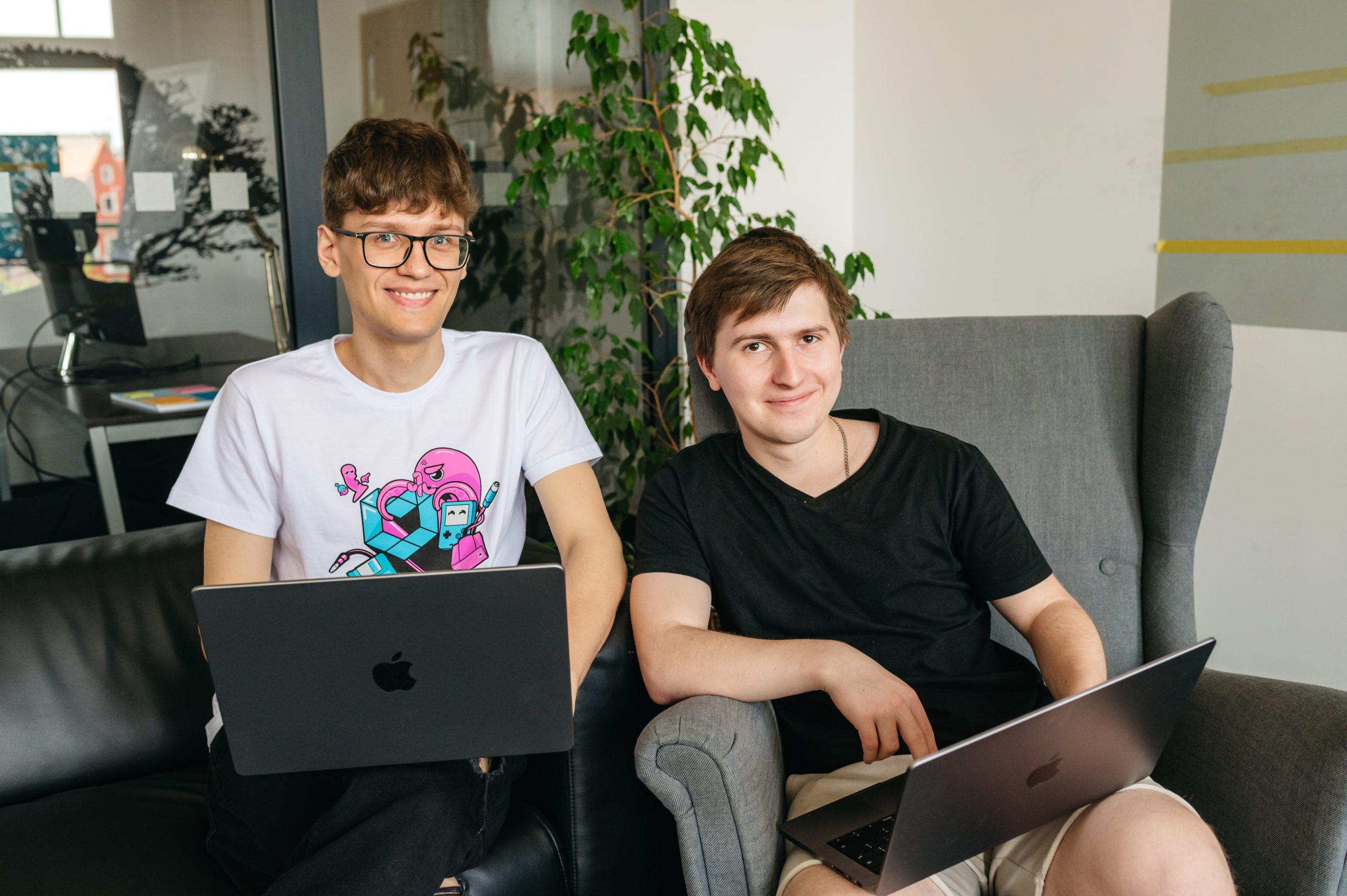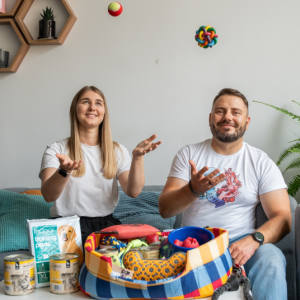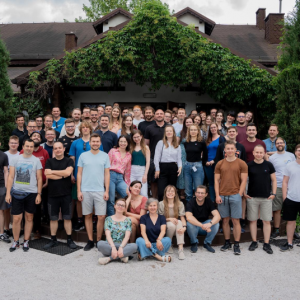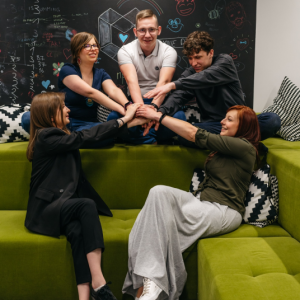There are many people on the job market who want to start working in IT. They have some knowledge gained from courses, studies, or on their own, but they have no professional experience. It is difficult for such people to find a job.
I was one of those people.
One day, while looking for IT positions on a job site, I found a recruitment notice for an internship at Clearcode
The recruitment process
After sending Clearcode my CV, I received two recruitment tasks and was given about a week to complete them. I did them well enough to be invited for an interview in the office.
There were 5 other people who participated in the interview, which was conducted in the form of speed dating.
During the interview, we talked to potential mentors about Python, databases, and version control. We also discussed our interests and ideas about how we solve unusual problems not connected with programming.
The mentors had the opportunity to get to know us, and we had the opportunity to get to know them. Then, each side indicated who they would like to work with.
The whole meeting took place in a fairly relaxed atmosphere and, although I was feeling quite stressed, I remember it very well.
After three days, I found out that I had been accepted.
The internship
The internship runs for three months and the main goal for us is to implement a project that’s connected with Clearcode’s domain of expertise (AdTech and MarTech development).
The project was designed to be complex to allow us to use a variety of tools and processes that are used in programming every day, such as:
- Using repositories and GIT.
- Planning our work and scheduling tasks.
- Using Python extensions and libraries.
- Applying Clearcode’s domain knowledge of AdTech
I worked on my project every day, often exchanging comments with the second intern, who was working on the same project. We suggested solutions, shared information, and discussed ideas.
However, during these three months we also did other things; We observed the team’s work and the tasks that were assigned to individual team members, learned more about our project manager (PM), understood the role of QA, and discovered what the agile methodology looks like in reality.
Over time, we began to participate in team meetings related to sprint planning, time estimations, and discussions about solutions for a given problem.
For someone working in IT, this knowledge may seem obvious. For me, a person who had only recently started working in this industry, it was all new.
In addition to the technical knowledge, these three months also gave me domain knowledge and taught me how to use certain soft skills when working in a team.
Advice for new interns
Looking at the internship in retrospect, I’ve come to some conclusions that I want to share, which may be useful for new participants of the internship program at Clearcode.
1. There are no stupid questions
Everyone always says that you can ask anything.
But of course, somewhere in your head there is a thought: If I ask something simple, they’ll probably think that I’m not independent. Or ignorant if I don’t know such basic things. Can I ask about every little thing, bother a mentor who also has their job to do and whose time is much more valuable than mine?
A good solution is to work out a demarcation, what can you solve yourself and when you need the help of a mentor.
If you encounter a problem, first check for hints on Google (look for official documentation and posts on stackoverflow).
If that doesn’t help, you can set up a timebox which limits the time you have to solve the problem.
If after half an hour you still don’t know how to solve the problem, instead of banging your head against the wall, ask someone for help.
2. Run your own slack channel
This is one idea that can help break the barrier of asking questions.
You can use this Slack channel to add notes, show others what you are doing, and list what you plan to do on a given day. But it’s also a good place where you can write about the problems you are facing.
This gives you two benefits: verbalizing a problem often makes it easier to find a solution, and secondly, if someone has a free moment, they can propose a solution or tell you where the best place is to look for it.
Then you won’t have to worry about whether you are interrupting someone as they will write back when they have a break. And maybe an interesting discussion will take place.
3. You are not your code
You will no doubt place fragments of your work on Bitbucket, where people can comment on your code.
Just because someone criticizes your code, it doesn’t mean they are criticizing you.
You wrote a piece of working code and that’s great. Now others can show you how to do it even better. Each comment is an opportunity to learn, not an attempt to oppress you.
4. Take breaks and talk in the kitchen
Informal meetings are a great opportunity to get information; both about how to produce good homemade beer, as well as about a recent Python update or a problem that someone has just solved and wants to show off. And it works both ways.
5. Be interested in what’s happening around you.
The company holds meetings called “Ferajna Best practices” and other events that are worth taking part in.
Even if you don’t have the opportunity to join meetings with clients, I recommend joining internal groups and initiatives.
Happily ever after
After my internship finished, I continued working for Clearcode as a full-time employee.
But even if I didn’t stay with the company, I have no doubt that finding a job in the IT industry would be much easier because of the knowledge and confidence I gained during the internship.











